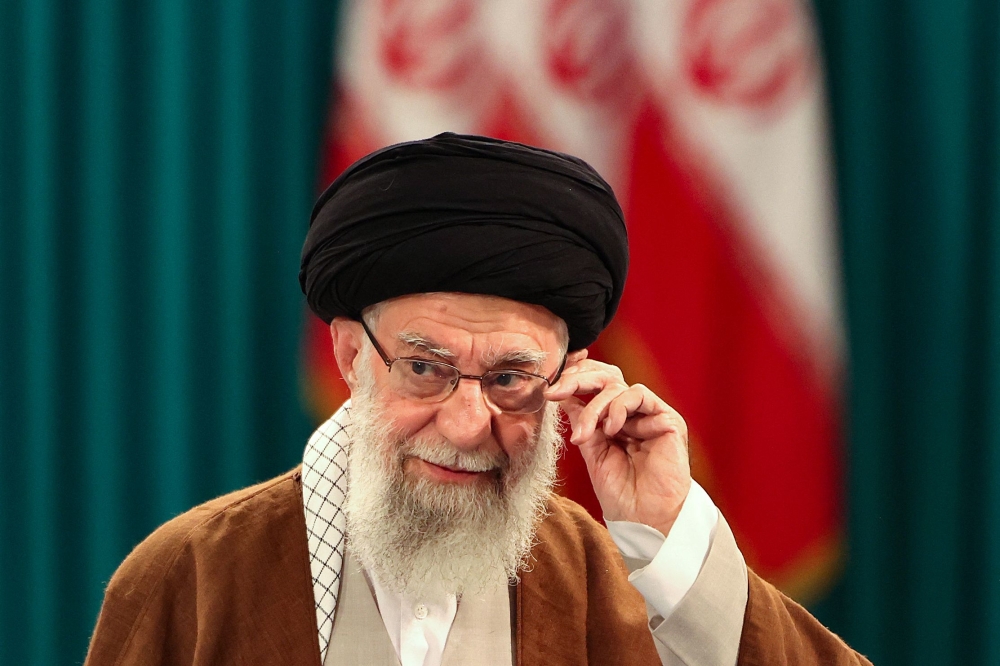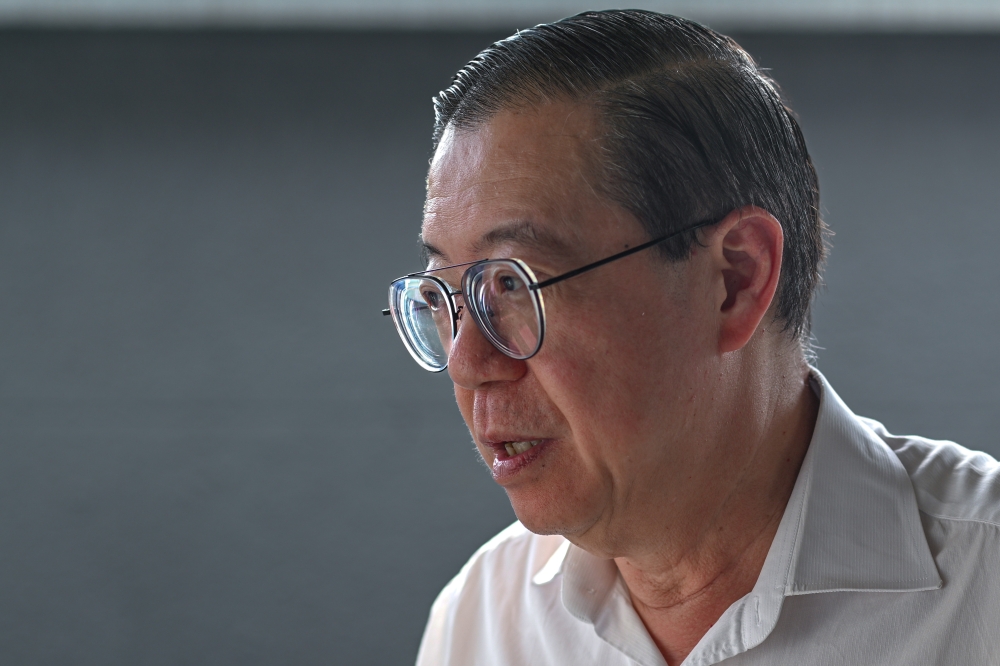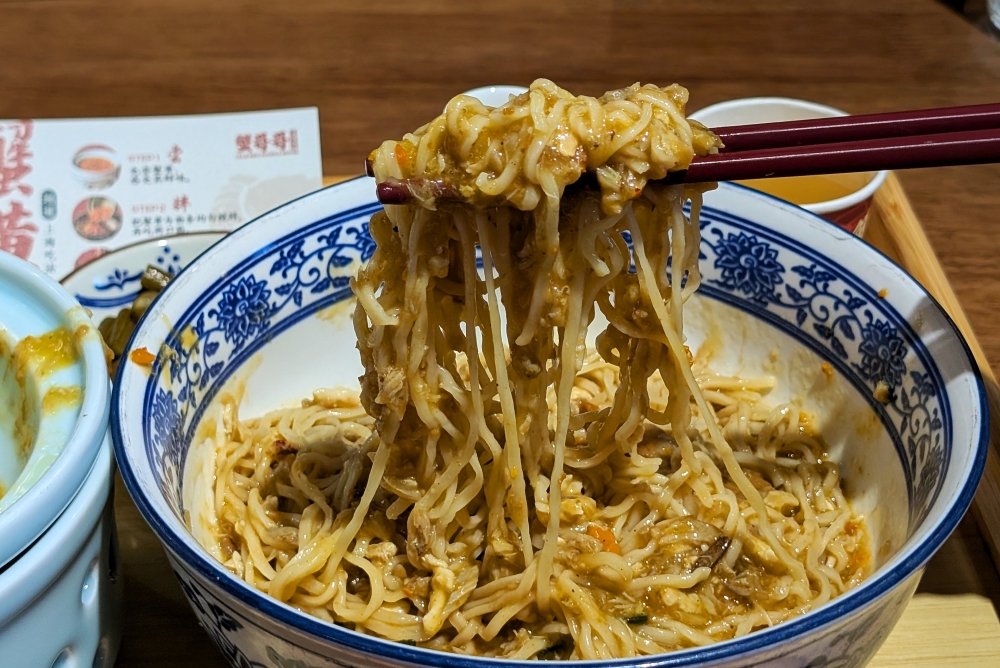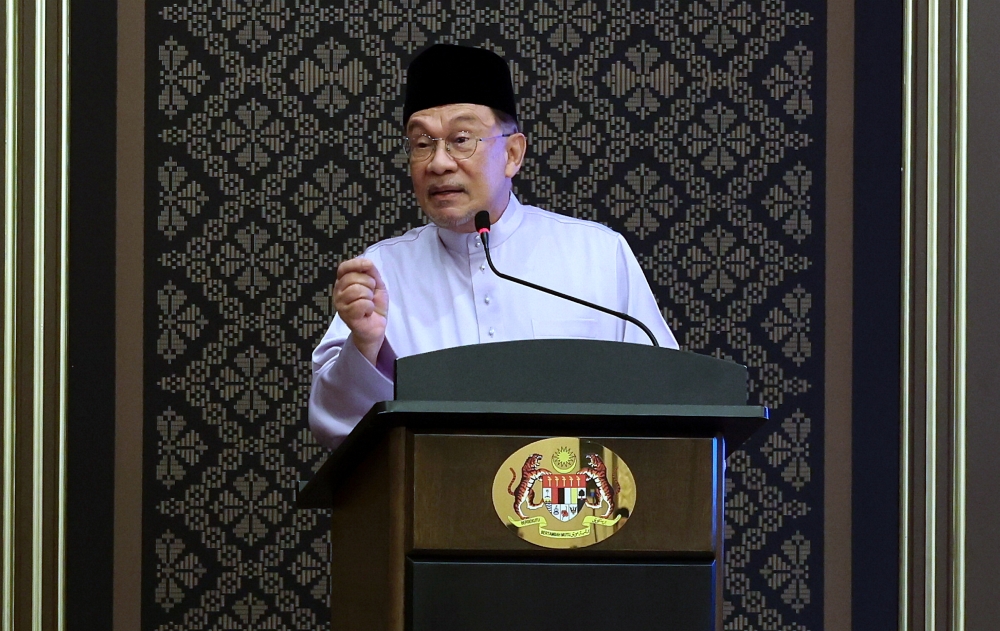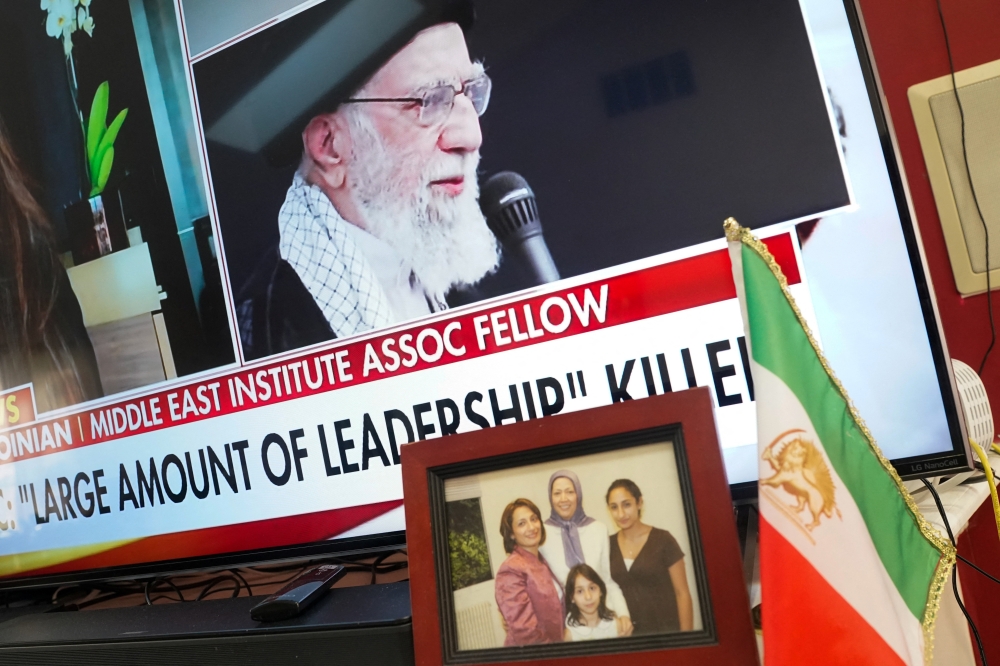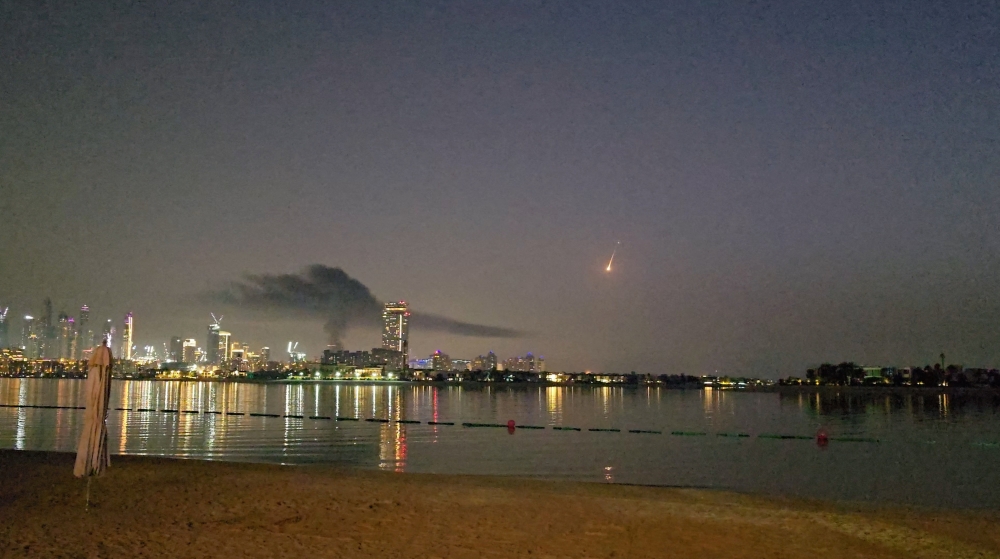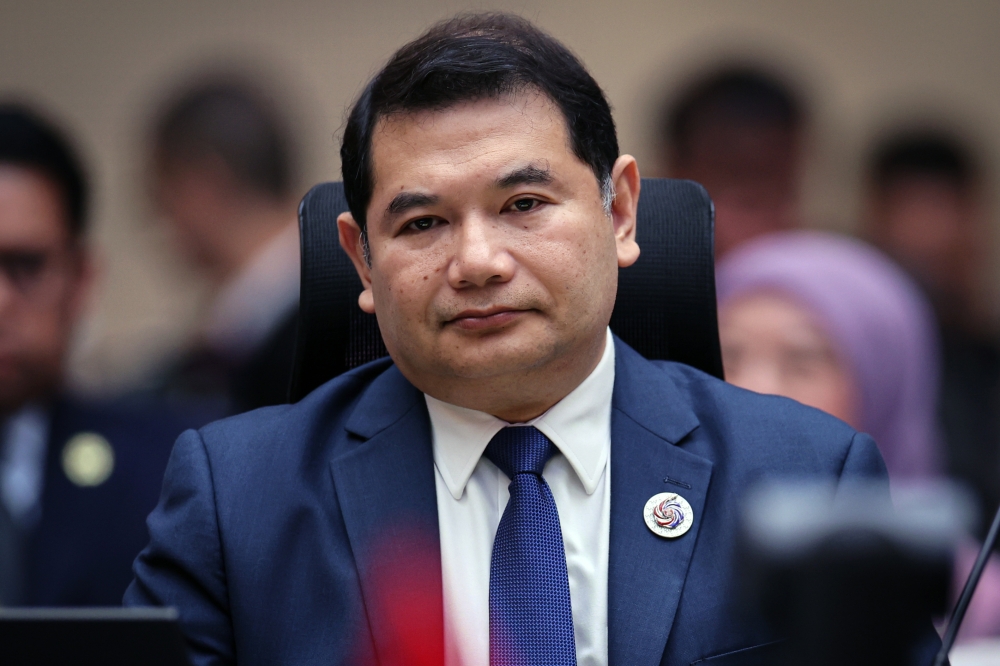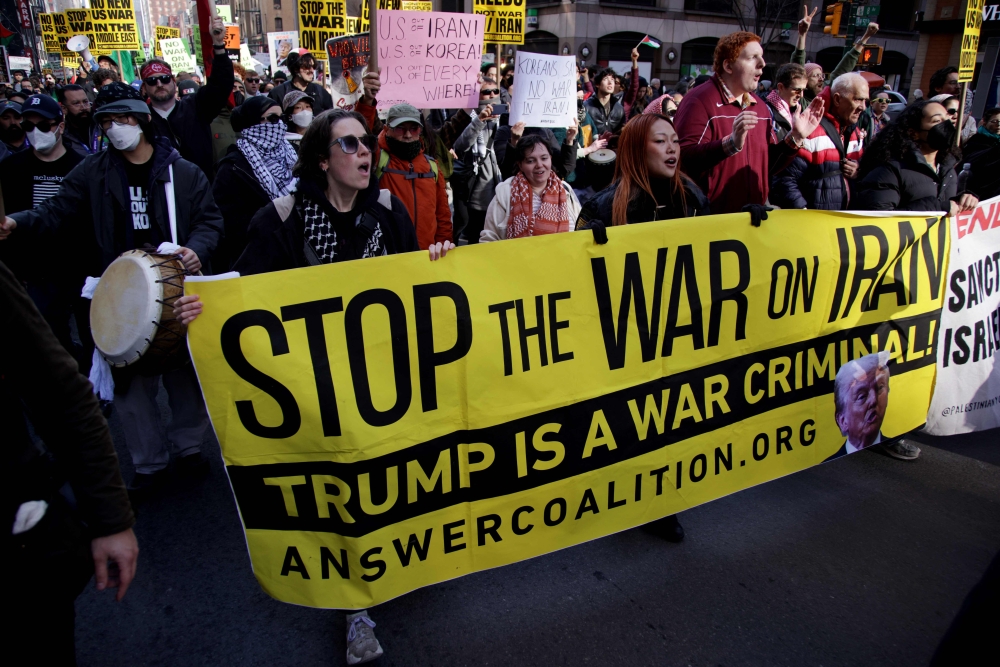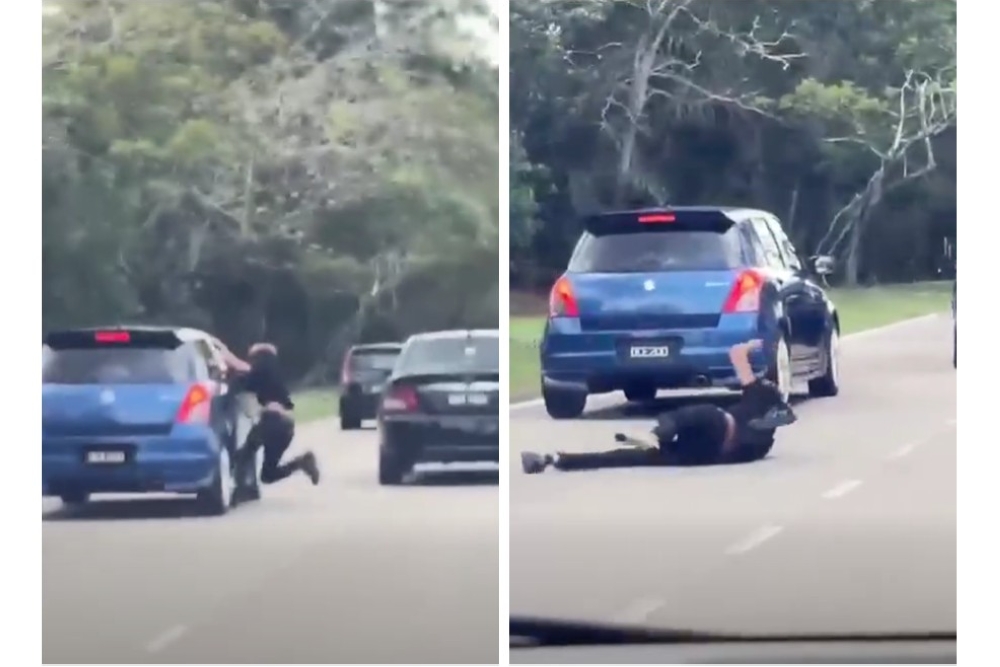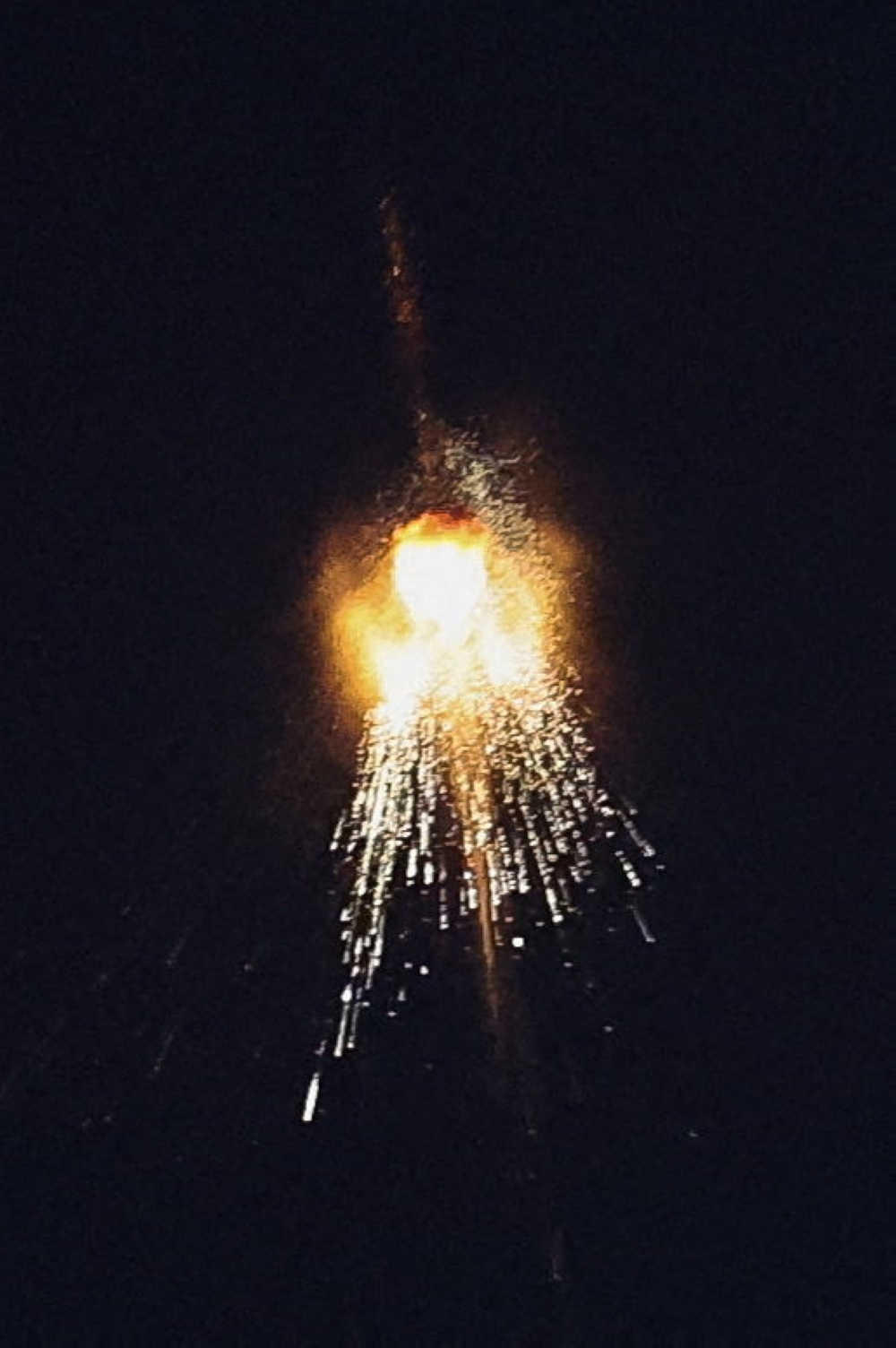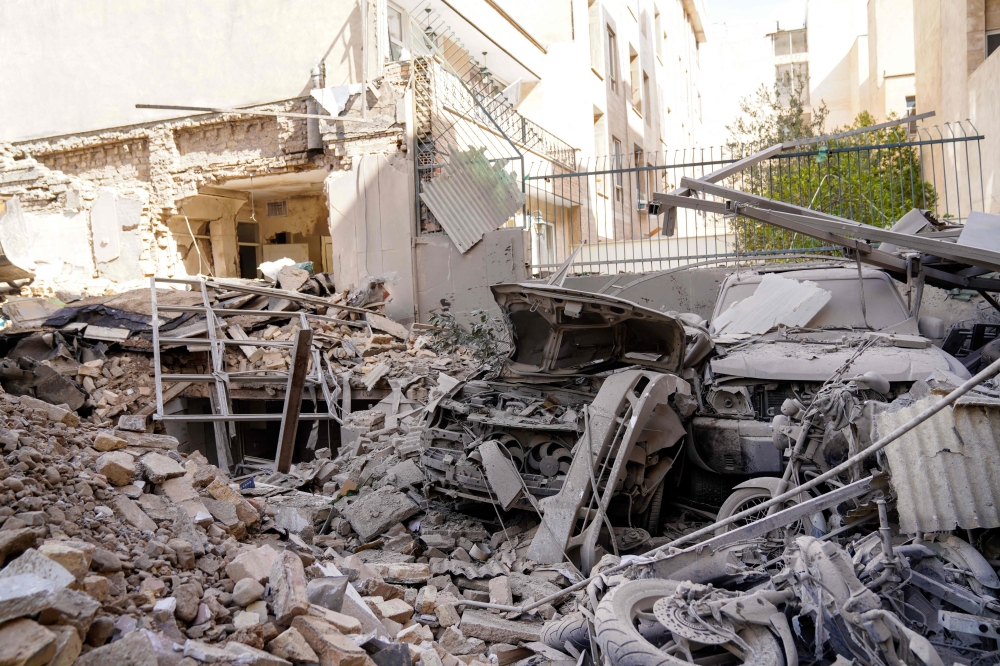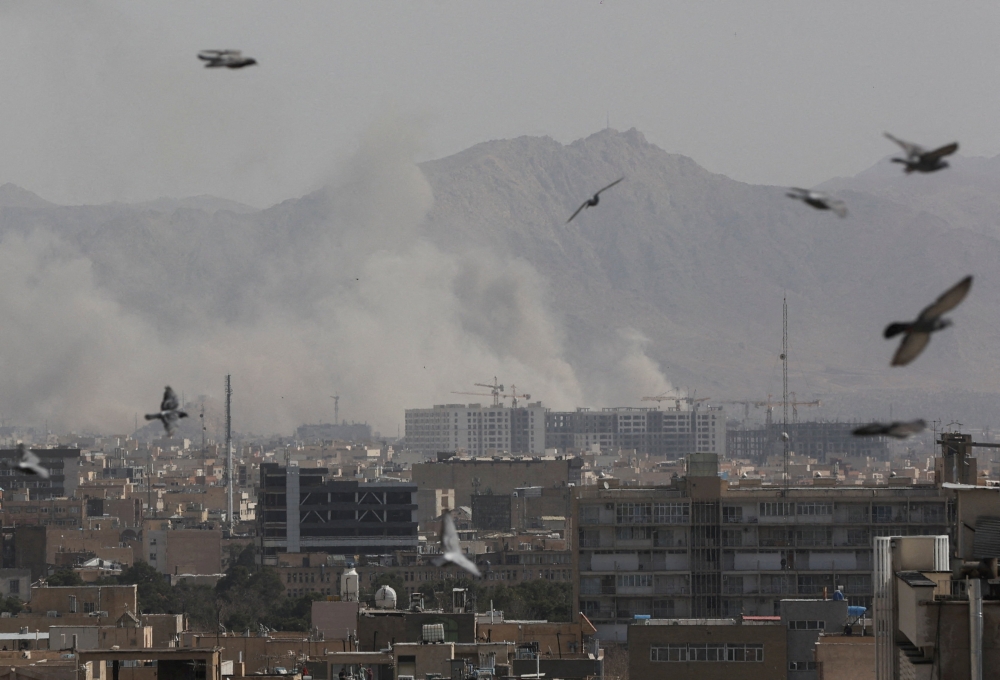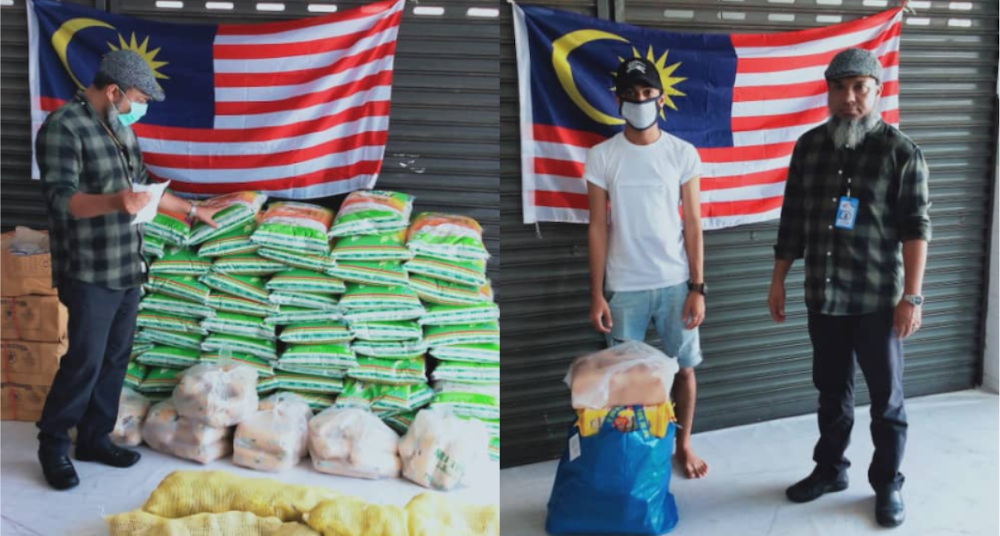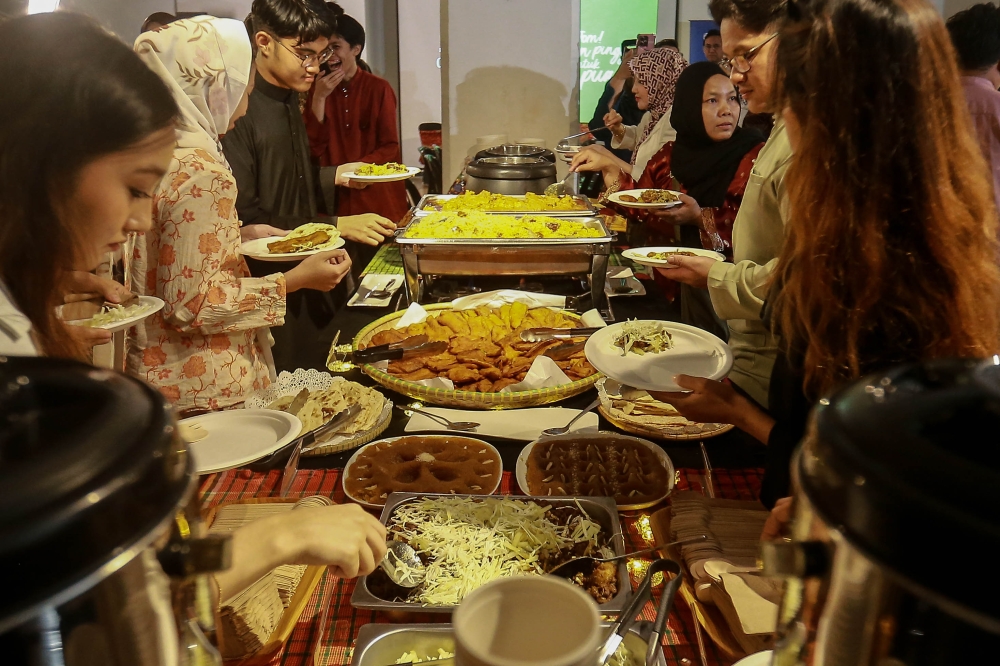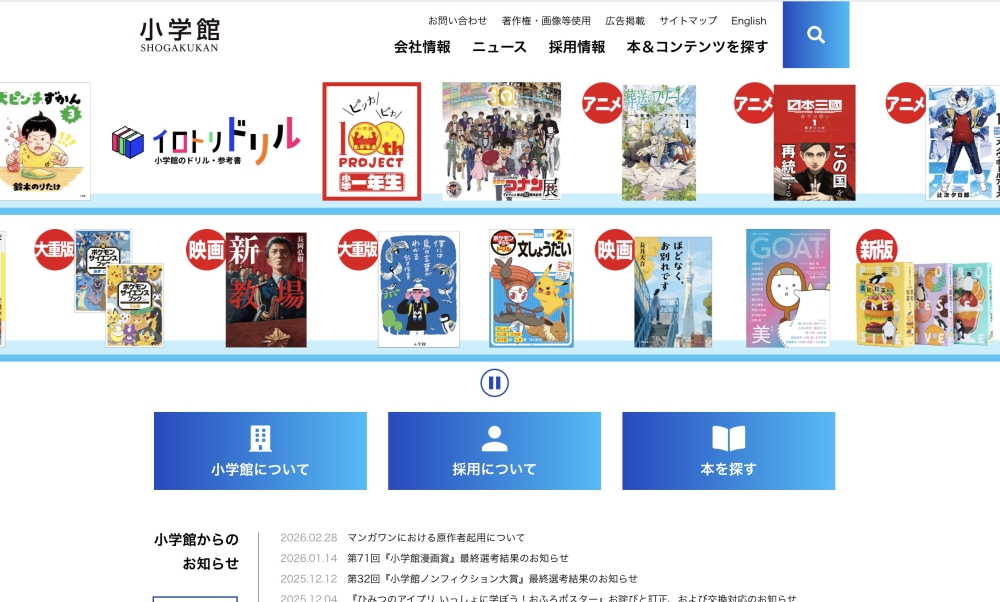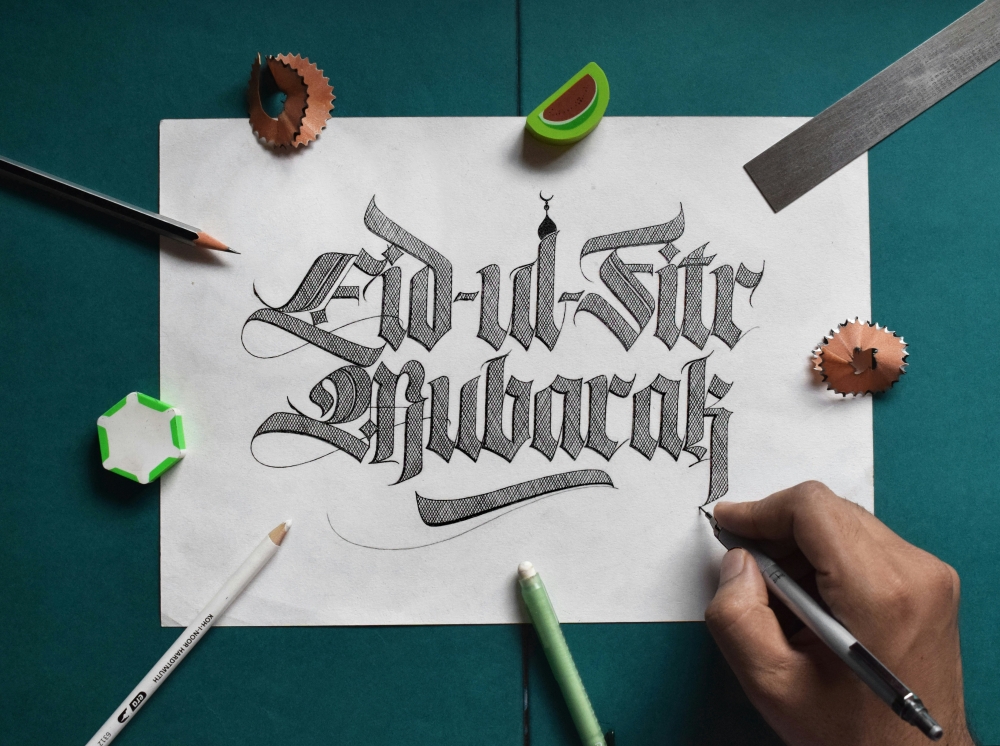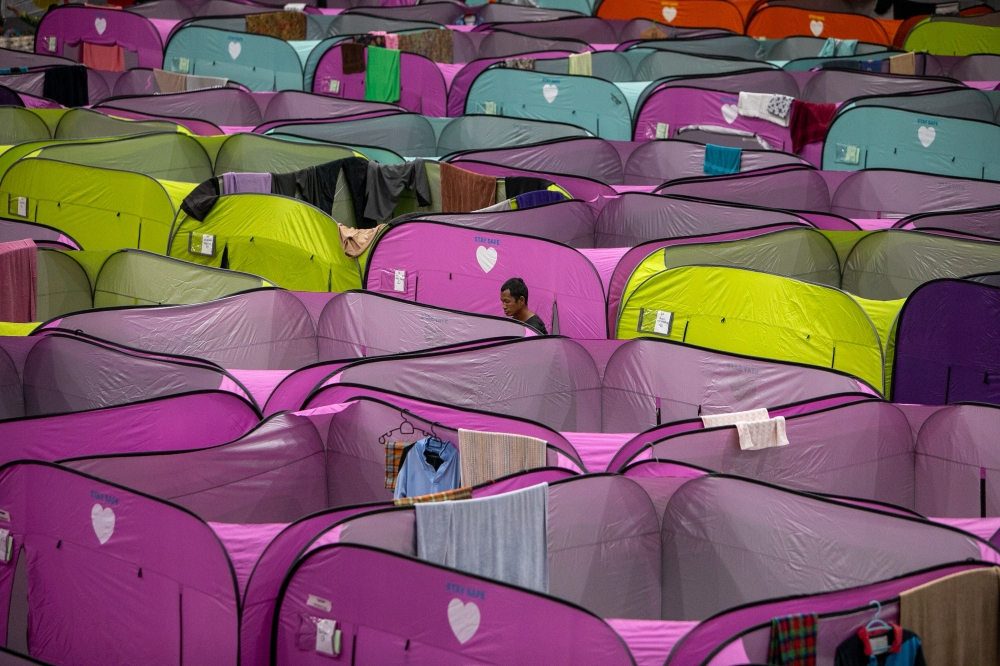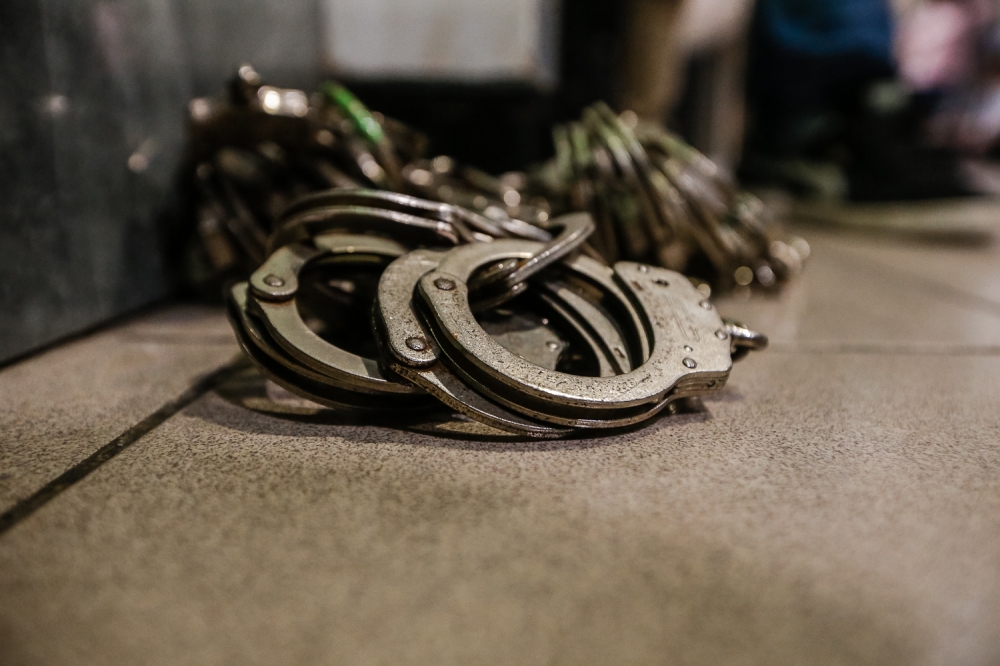KUALA LUMPUR, April 8 — At the tender age of eight, Rafik Shah arrived on Malaysian soil as a Rohingya refugee with his family.
Thirty six years on, and Rafik, fondly known as Ustaz Rafik, has taken it upon himself to help his fellow stateless refugees as they struggle in his second home, especially now with the Covid-19 outbreak forcing the nation into a four-week shutdown.
He has stepped up his efforts to help them not only with aid but to impress on them how dangerous the virus was and to adhere to the regulations and guidelines to avoid being infected.
Rafik, 44, has been the community leader at Human Aid Selangor Society (HASS) since it was founded in 2017 with some helpful and caring Malaysians a few years ago with the purpose of helping his people.
He has actively sought to help out refugees in Malaysia, mainly in the Selayang and Gombak districts, including the Rohingya people and Myanmar Muslims in particular.
He added that illiteracy is one of his main concerns he has for the Rohingyas and Myanmar Muslims, mostly located around the vicinity of Pasar Borong Baru Selayang, where a majority of them work.
“Now with the Covid-19 outbreak, when they are given orders to stay at home or see the news about the Movement Control Order (MCO), they don’t understand what they are being told,” said Rafik.
“Some of them don’t even know that there is a virus out there. So, when they go out, people and the local community think that they don’t want to listen or follow the rules, but in actual fact, they just don’t understand.”
Rafik added that there were more than 10,000 Rohingya and Myanmar Muslim refugees around the Selayang and Gombak areas, such as Pasar Borong, Kampong Dato Haji Abdul Karim, Taman Sri Gombak, Rawang, Jalan Ipoh and Jalan Gombak.
He added that HASS, has also been supplying food parcels to these refugees for the past six years, thanks to the support of caring donors and other NGOs, but needs more help now more than ever because of the impact the MCO has had on their livelihoods.
“Ever since the MCO started, we have been going door to door to tell this community about the MCO and the dangers of the virus, as well as providing them with food supplies,” said Rafik.
“In the last three weeks, we’ve managed to help 1,100 families with collaboration from Garden of Eid. But what about the other 9,000? They have no job or income now, no baby supplies, and when their food finishes I’m scared they are going to get desperate and go out to look for scrap metal, plastic or aluminium tins to sell.
“What else are they going to do? As a husband, if your wife and children have been starving for days and you don’t have money to feed them, what would you do?”
HASS also helps refugee community members with medical needs as well, accompanying them for medical checkups, primarily for pregnant mothers and also established a school for refugee children in Selayang called Rainbow of Love -- Pelangi Kasih.
Rafik also said food and supplies aren’t only part of the problem, as with their loss of income, many refugees are now unable to pay their rent as well.
He said that typically, refugee families living in the Pasar Borong area, usually rent a single room in flats or shop lot houses for the entire family to live in, with multiple families also sharing units by dividing each family into one room.
Rafik has also been helping members from the Rohingya and Myanmar Muslim communities in Selayang, with help from the Health Minstry and other collaborating NGOs, get tested for Covid-19, as 95 of them attended the tabligh gathering in Sri Petaling from March 28 to April 1.
He added that the Rohingyas and Myanmar Muslims were extremely cooperative in getting tested.
Why help others?
Rafik said he was moved to help when he saw images of thousands of his people on boats online during the crisis in 2012 in the Rakhine State, Myanmar.
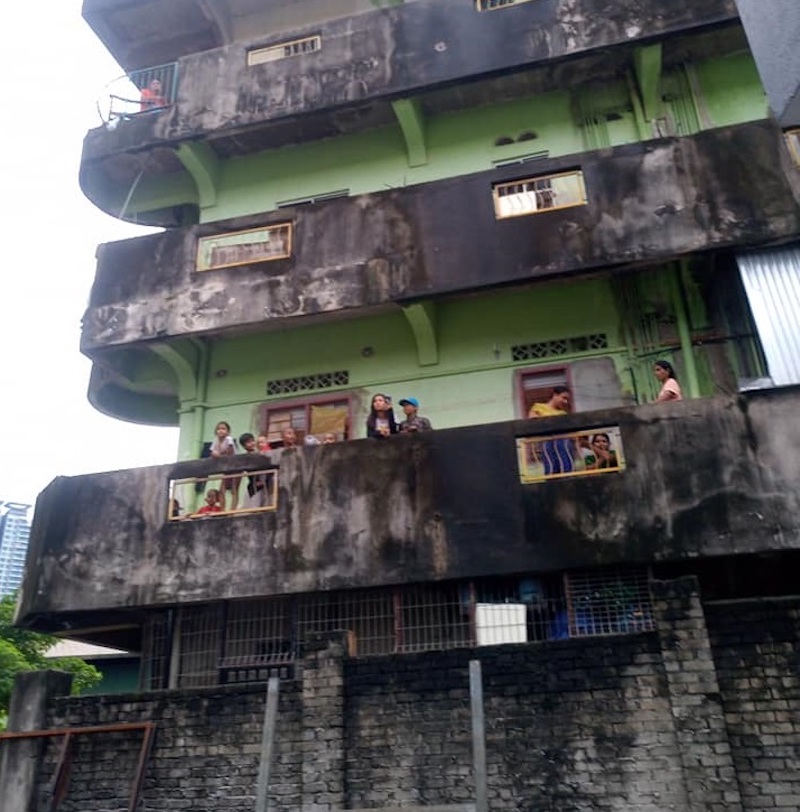
“Thirteen of my father’s family members were killed.”
Having lived in Malaysia for over three decades, and gone through similar struggles to the refugees of today, Rafik said that it was his duty to help the Rohingyas seeking refuge because he knew exactly what they were going through.
“I’ve been here for a long time. Life has never been easy, but my family and I have been able to survive. We’re used to it here,” said Rafik.
“But I know how hard it is for them when they first get here. When the boat docks, they don’t have anything to start a life here. Money, food, supplies -- nothing.”
“They also have never been given access to education, even in their home country. So not only do they have nothing, but they’re illiterate and coming to a different country with a different language and culture too.”
Rafik and his family arrived in Malaysia in 1984, and he said that the first few months were particularly difficult because of the language barrier.
“I couldn’t talk to anyone, I couldn’t say anything because I just didn’t understand what everyone was saying to me,” said Rafik.
“I used to come home and cry because I didn’t know if people were scolding me, saying something bad or good about me. I just didn’t know.”
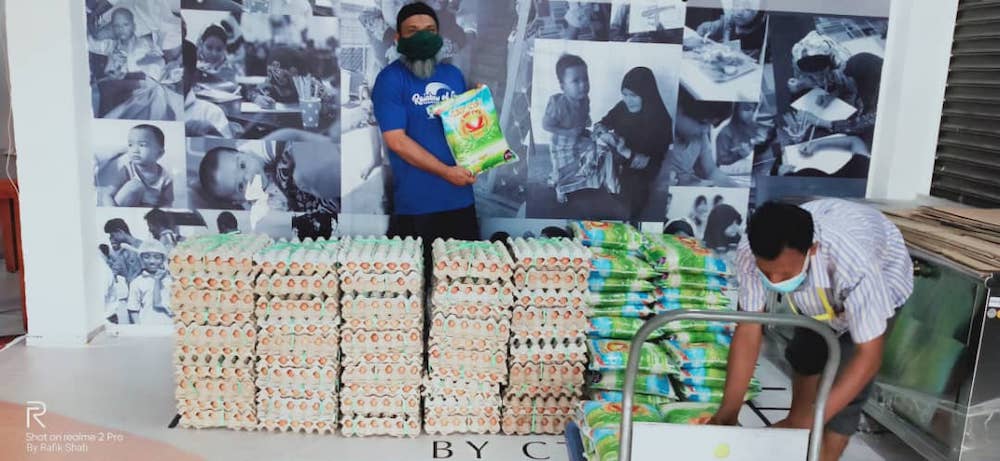
“I’m begging everyone. Please help these refugees. Every minute, every second is so valuable. Just yesterday a mother and her three children were kicked out because they didn’t pay their rent for March,” said Rafik.
“If you want to help, you just have to donate to us. We have the approval and the help to distribute the food supplies to them during MCO.
“We also fully disclose everything on our website. We have accountants and auditors. I just hope everyone can help.”
Rafik and his team of 21 volunteers, made up of Malaysians and Rohingyas, aim to raise RM60,000 to aid their efforts for the refugee communities, as each family will receive a pack of everyday essentials like cooking oil, rice, eggs and vegetables worth RM60.
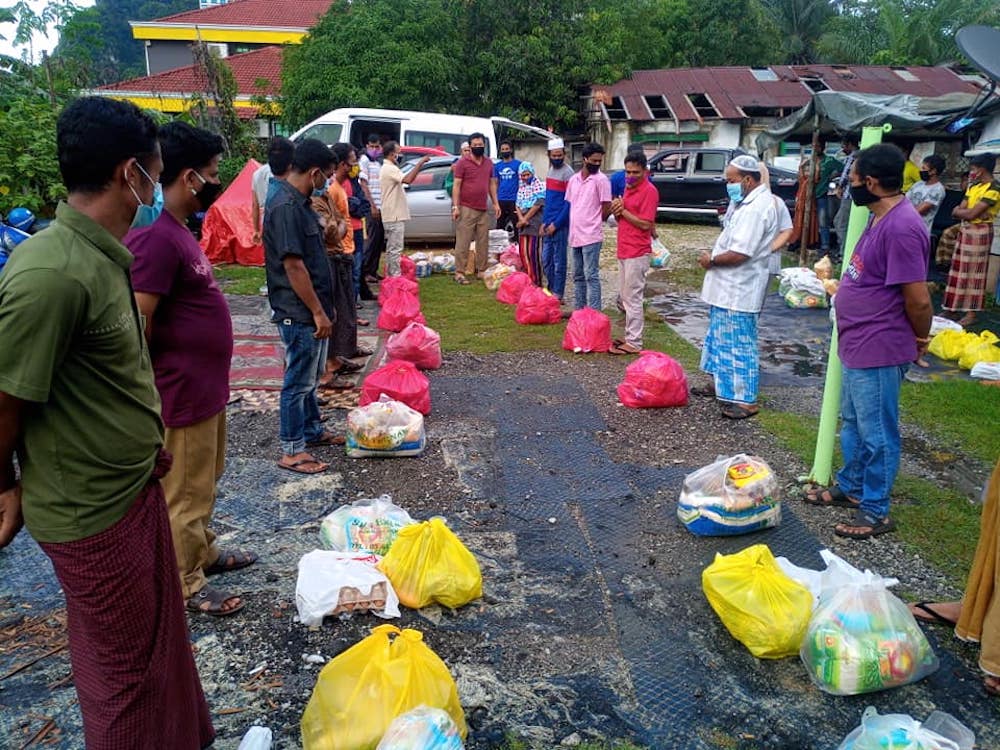
If you are interested to help out these struggling refugee families, donations can be made to CIMB bank account number 8008389590 (Human Aid Selangor Society), with the use of the referral code “Covid-19”.
For more information about Ustaz Rafik and HASS’ efforts or in more ways you can contribute, visit their Facebook page at https://www.facebook.com/humanaidselangor/ or surf over to their website (http://hass.life/).
Alternatively, you can also contact the HASS hotline at 011-11483414.

